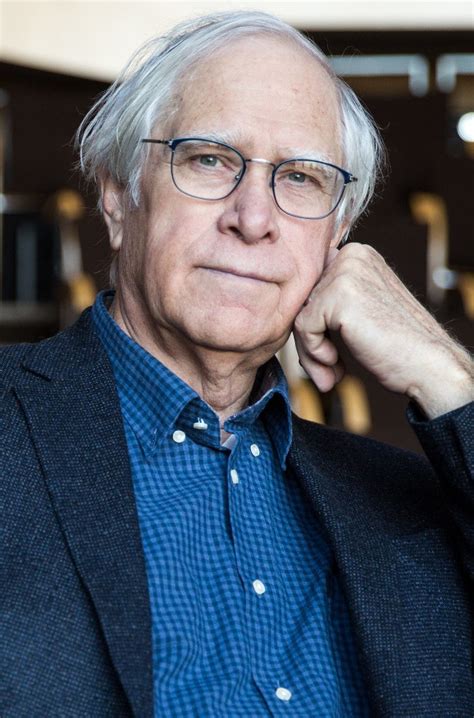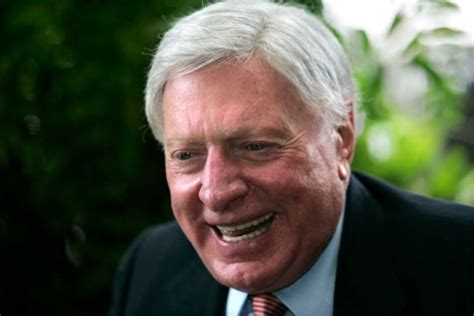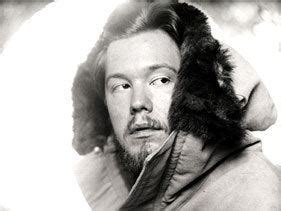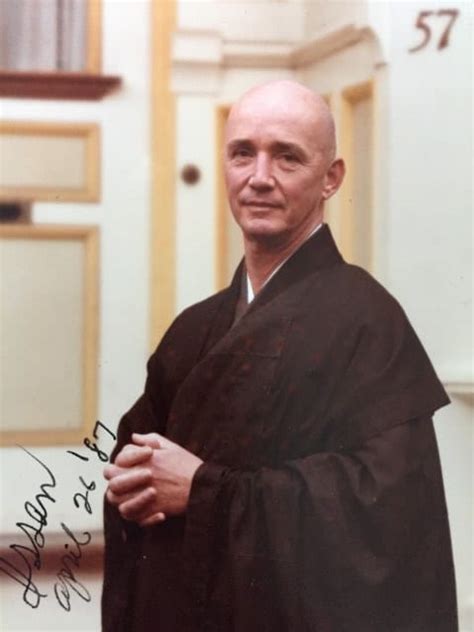A Quote by Pope Francis
Almost without being aware of it, we end up being incapable of feeling compassion at the outcry of the poor, weeping for other people's pain, and feeling a need to help them, as though all this were someone else's responsibility and not our own.
Related Quotes
Nothing helps us build our perspective more than developing compassion for others. Compassion is a sympathetic feeling. It involves the willingness to put yourself in someone else's shoes, to take the focus off yourself and to imagine what it's like to be in someone else's predicament, and simultaneously, to feel love for that person. It's the recognition that other people's problems, their pain and frustrations, are every bit as real as our own-often far worse. In recognizing this fact and trying to offer some assistance, we open our own hearts and greatly enhance our sense of gratitude.
As an individual with my own hurts, I go into the Garden (Gethsemane) as often as I need to. There I identify with the pain in the other, with my part in that pain, my part in tempting someone to wound me. I experience the other's pain, and God's pain, and am devastated - because their pain becomes my own. Feeling such anguish, I can forgive, or deeply repent, either for myself or on behalf of the other.
Poor dog! I've a strange feeling about the dumb things as if they wanted to speak, and it was a trouble to 'em because they couldn't. I can't help being sorry for the dogs always, though perhaps there's no need. But they may well have more in them than they know how to make us understand, for we can't say half what we feel, with all our words.
A person is alive only to the degree that he or she is aware. To make the most of life we must constantly strive to be aware of the importance of being aware. Be aware of your senses and use them: So often we are distracted and unconscious of the riches our senses can pour into our lives. We eat food without tasting it, listen to music without hearing it, smell without experiencing the pungency of odors and the delicacy of perfumes, touch without feeling the grain or texture, and see without appreciating the beauty around us.
It is possible to move through the drama of our lives without believing so earnestly in the character that we play. That we take ourselves so seriously, that we are so absurdly important in our own minds, is a problem for us. We feel justified in being annoyed with everything. We feel justified in denigrating ourselves or in feeling that we are more clever than other people. Self-importance hurts us, limiting us to the narrow world of our likes and dislikes. We end up bored to death with ourselves and our world. We end up never satisfied.
A person with faith does not question its roots, for he knows that if he subjected it to the critical examination of his intellect, he would end up without faith. The same thing can be said of any feeling. You can analyze any feeling to death, but when you do that, you end up without feeling and without a meaninful life.
It is our own pain, and our own desire to be free of it, that alerts us to the suffering of the world. It is our personal discovery that pain can be acknowledged, even held lovingly, that enables us to look at the pain around us unflinchingly and feel compassion being born in us. We need to start with ourselves.
Empathy and fellow feeling form the very basis of morality. The capacities for empathy, for feeling responsibility toward others and for reaching out to help them can be stunted or undermined early on, depending on a child's experiences in the home and neighborhood. It becomes too easy to turn our backs on fellow human beings... to have 'compassion fatigue.' Technology, we are learning, is not neutral.




































